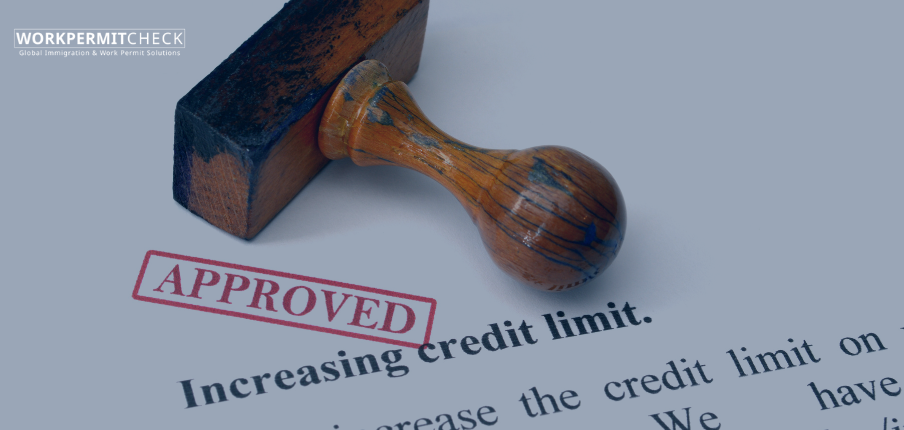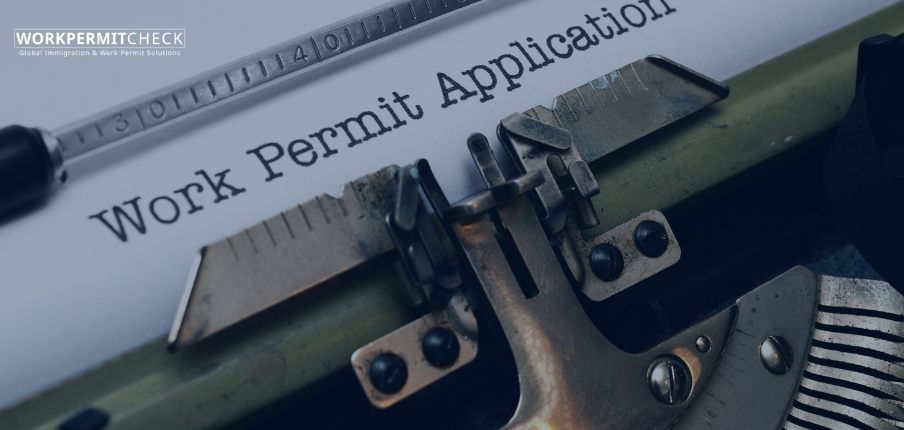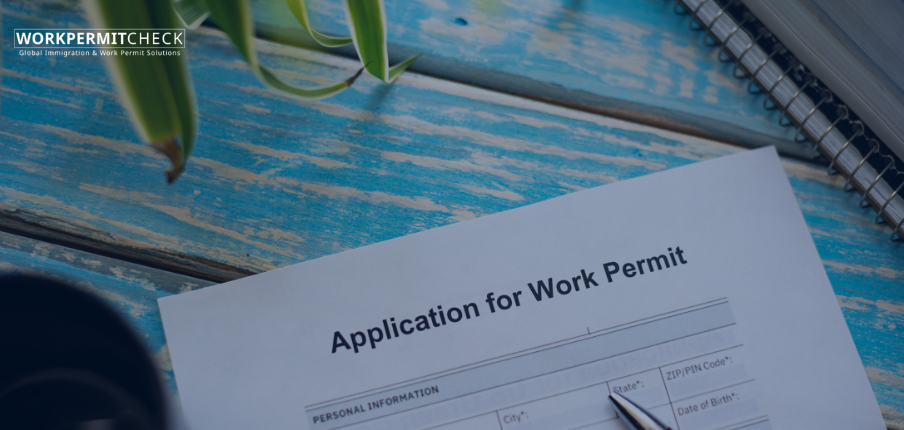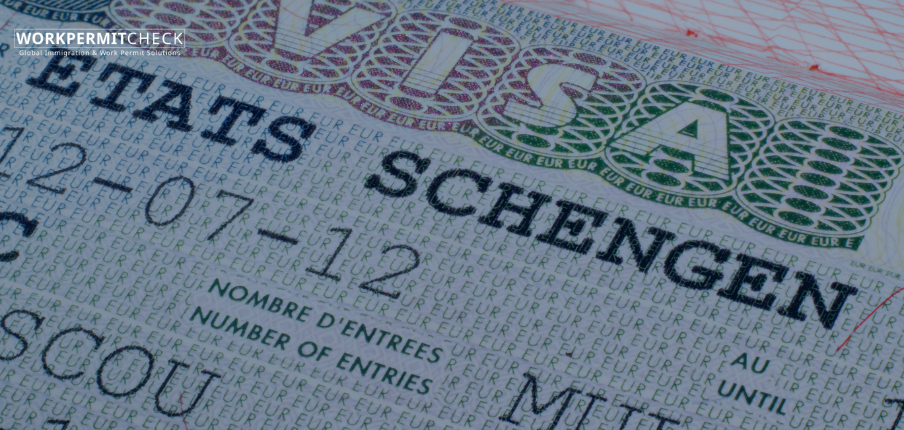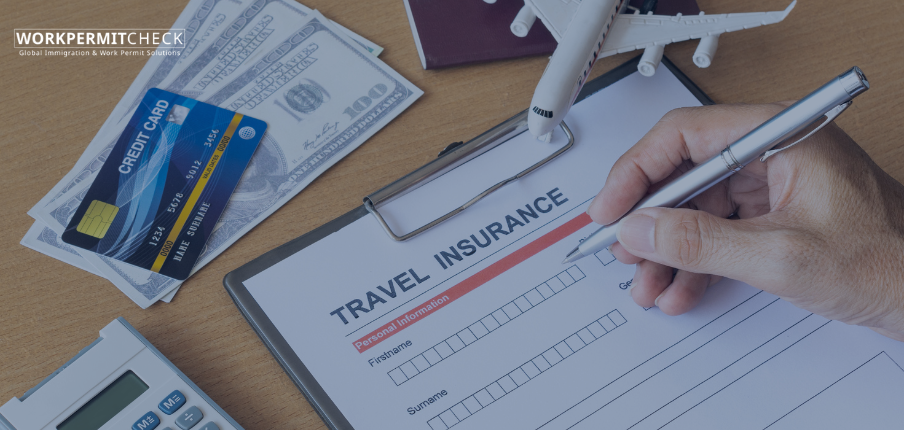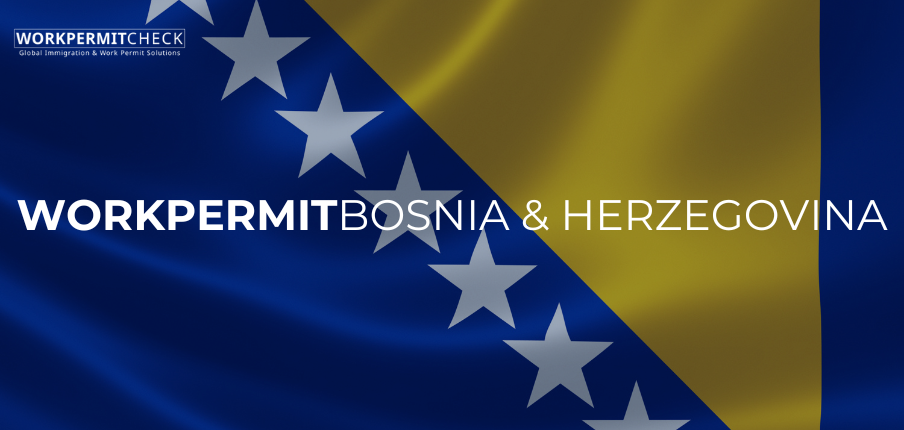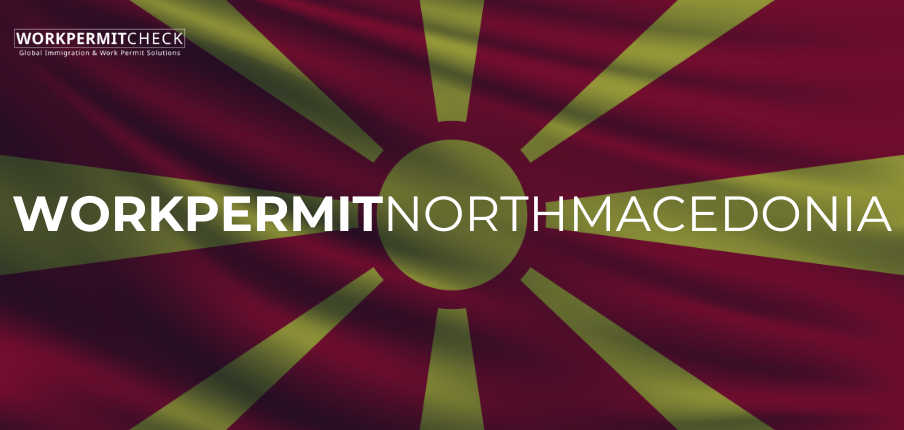Introduction
Ireland is an attractive destination for skilled professionals seeking career opportunities in a thriving European economy. To work legally in Ireland as a non-EEA (European Economic Area) national, you typically need an employment permit. One of the most commonly issued permits is the General Employment Permit (GEP). This permit allows foreign nationals to work in a wide range of occupations that are not eligible under the more restrictive Critical Skills Employment Permit.
In this blog post, we explain what the General Employment Permit is, who qualifies for it, how to apply, and what to expect after approval.
What Is the General Employment Permit?
The General Employment Permit is a type of work authorization issued by the Department of Enterprise, Trade and Employment (DETE) in Ireland. It allows non-EEA nationals to work in Ireland in occupations not listed on the Ineligible Occupations List. Unlike the Critical Skills Permit, which targets highly in-demand professions, the General Employment Permit is broader and applies to a wider range of roles.
Key Features of the General Employment Permit
-
Open to a broad range of occupations
-
Valid for 2 years initially, renewable for up to 3 additional years
-
After 5 years, applicants may be eligible for long-term residency
-
Allows for family reunification (after 12 months of employment in most cases)
-
Employer and employee can both apply
Who Is Eligible?
To qualify for a General Employment Permit, both the job and the applicant must meet certain criteria.
1. Job Eligibility Requirements
-
The job must not be listed on the Ineligible Occupations List.
-
The position must have a minimum annual salary of €30,000. Certain exceptions exist, such as for recent graduates or language support roles.
-
The job must be genuine, and the employer must demonstrate that they cannot fill the vacancy with an EEA or Swiss national.
2. Labour Market Needs Test
-
In most cases, the employer must pass a Labour Market Needs Test. This means they must advertise the position:
-
With the Department of Social Protection (Jobs Ireland) for 4 weeks
-
In a national newspaper for 3 days
-
On a recruitment website for 3 days
-
The goal is to prove that no suitable candidate from the EEA was available.
3. Employer Eligibility
-
The employer must be registered with the Irish Revenue and Companies Registration Office.
-
The company must be trading in Ireland and comply with employment laws.
4. Employee Eligibility
-
The foreign national must have the skills, qualifications, and experience required for the job.
-
The applicant must not be in Ireland illegally at the time of application.
-
Previous visa overstays or legal breaches may disqualify an applicant.
Occupations Commonly Covered
Examples of roles typically approved under the General Employment Permit include:
-
Sales executives
-
Chefs (except fast-food chefs)
-
Warehouse managers
-
Administrative assistants
-
Health and social care roles not included in the Critical Skills list
It is important to verify that your occupation is not on the Ineligible List before applying.
How to Apply for a General Employment Permit
Step 1: Job Offer
Secure a full-time job offer from an Irish employer for at least 12 months.
Step 2: Submit Application
Apply online through the Employment Permits Online System (EPOS). Either the employer or the employee can initiate the application.
Step 3: Pay the Fee
-
€1,000 for a permit of up to 24 months
-
€1,500 for a permit between 24 and 60 months
Refunds are available if the application is refused.
Step 4: Wait for a Decision
Processing time varies but generally takes between 6 to 10 weeks.
After the Permit Is Granted
-
You must apply for an Irish visa (if required) and then register with the Irish Immigration Service (INIS) once you arrive.
-
Your work must begin with the specified employer and in the specified role.
-
After 12 months, you may apply to change employers under certain conditions.
Can You Bring Family?
Yes, but not immediately. After 12 months of legal employment on a General Employment Permit, you may apply for family reunification for your spouse, partner, or children. Family members may need to apply separately for their own employment or study permits.
Renewal and Long-Term Residency
-
The General Employment Permit can be renewed after 2 years for an additional 3 years.
-
After 5 years of legal residency in Ireland, you may be eligible for Stamp 4, which allows you to live and work in Ireland without an employment permit.
-
You may also qualify to apply for long-term residency or naturalisation, depending on your situation.
Conclusion
The General Employment Permit is a flexible and valuable route for skilled foreign nationals who want to work in Ireland in a wide variety of professions. It offers a pathway to long-term residency and opens up opportunities for family reunification and integration into Irish society. However, applicants must meet all eligibility criteria, including salary thresholds and job role requirements.
Disclaimer: This blog post is for informational purposes only. Immigration policies and procedures can change. Please consult the official website of the Department of Enterprise, Trade and Employment or a qualified immigration adviser for the latest and most accurate guidance.
May 27, 2025

